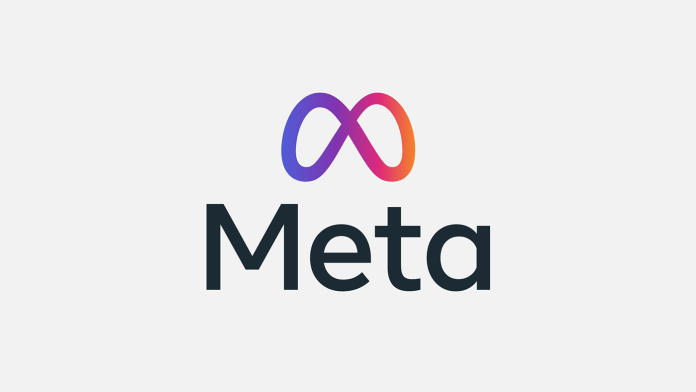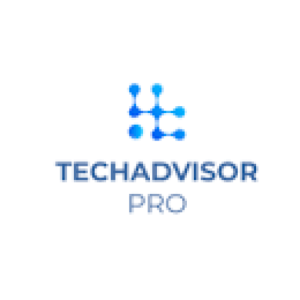Meta’s CEO, Mark Zuckerberg, recently announced a bold prediction: by 2025, the company’s AI systems will achieve the proficiency of mid-level software engineers. This development could transform the software development landscape, sparking both excitement and concern within the tech industry.
In a podcast interview with Joe Rogan, Zuckerberg announced that Meta and other companies are expected to have AI capable of becoming mid-level engineers in 2025, capable of writing code.
This announcement underscores the steps Meta has taken in advancing AI capabilities. While these systems are initially expensive to operate, their performance is expected to improve significantly. In time, AI could handle a substantial portion of the coding tasks traditionally managed by human engineers.
The Implications for Software Developers
The rise of AI in coding presents both challenges and opportunities for software developers. Mid-level developers, in particular, may face increased competition as AI takes over repetitive and routine coding tasks. Companies like Meta envision AI systems managing these duties efficiently, potentially reducing the demand for human coders in specific roles.
However, this doesn’t necessarily spell doom for software engineers. Instead, developers may need to adapt their skill sets to thrive in an evolving job market. They will likely focus more on:
- Strategic Oversight: Supervising and refining AI-generated code to ensure quality and accuracy.
- Creative Problem-Solving: Tackling complex challenges that require human intuition and ingenuity.
- AI Management: Understanding and optimizing AI tools for enhanced productivity.
- Ethical Development: Addressing the ethical considerations surrounding AI-driven applications.
A Broader Industry Shift
Meta isn’t the only tech giant investing heavily in AI for coding. Companies like Google and IBM are also enhancing their AI capabilities. For instance, Google CEO Sundar Pichai recently revealed that AI now generates up to 80% of new code at the company, with human engineers primarily reviewing and optimizing the output.
This trend highlights a broader shift in the industry toward automation. Automating repetitive coding tasks allows companies to improve efficiency and reduce costs, freeing up developers to focus on higher-level, strategic activities.
Opportunities for Growth and Innovation
While the potential for job displacement is a valid concern, the integration of AI into coding also presents significant opportunities. Developers who embrace this change can leverage AI to:
- Accelerate Development: With AI handling mundane tasks, project timelines can be shortened, allowing teams to deliver solutions faster.
- Enhance Creativity: Freed from repetitive work, developers can focus on innovative design and problem-solving.
- Collaborate Across Disciplines: As AI becomes more integrated into workflows, developers will work more closely with experts in AI, ethics, and other fields, fostering interdisciplinary innovation.
Preparing for the Future
To remain competitive, software developers must invest in upskilling. Key areas of focus include:
- AI Literacy: Understanding how AI systems work and how to use them effectively in development projects.
- Ethical Awareness: Navigating the ethical challenges associated with AI-generated solutions.
- Adaptability: Embracing new technologies and workflows as the industry evolves.
Conclusion
The rise of AI at Meta and other tech giants is poised to reshape the future of software development. While challenges like job displacement and skill adaptation loom large, the opportunities for innovation and growth are equally compelling. Staying informed and adaptable allows developers to harness AI as a tool to amplify their creativity and productivity, ensuring they remain valuable contributors to the tech industry’s next chapter.
I hope you find the above content helpful. For more such informative content please visit Techadvisor Pro.













